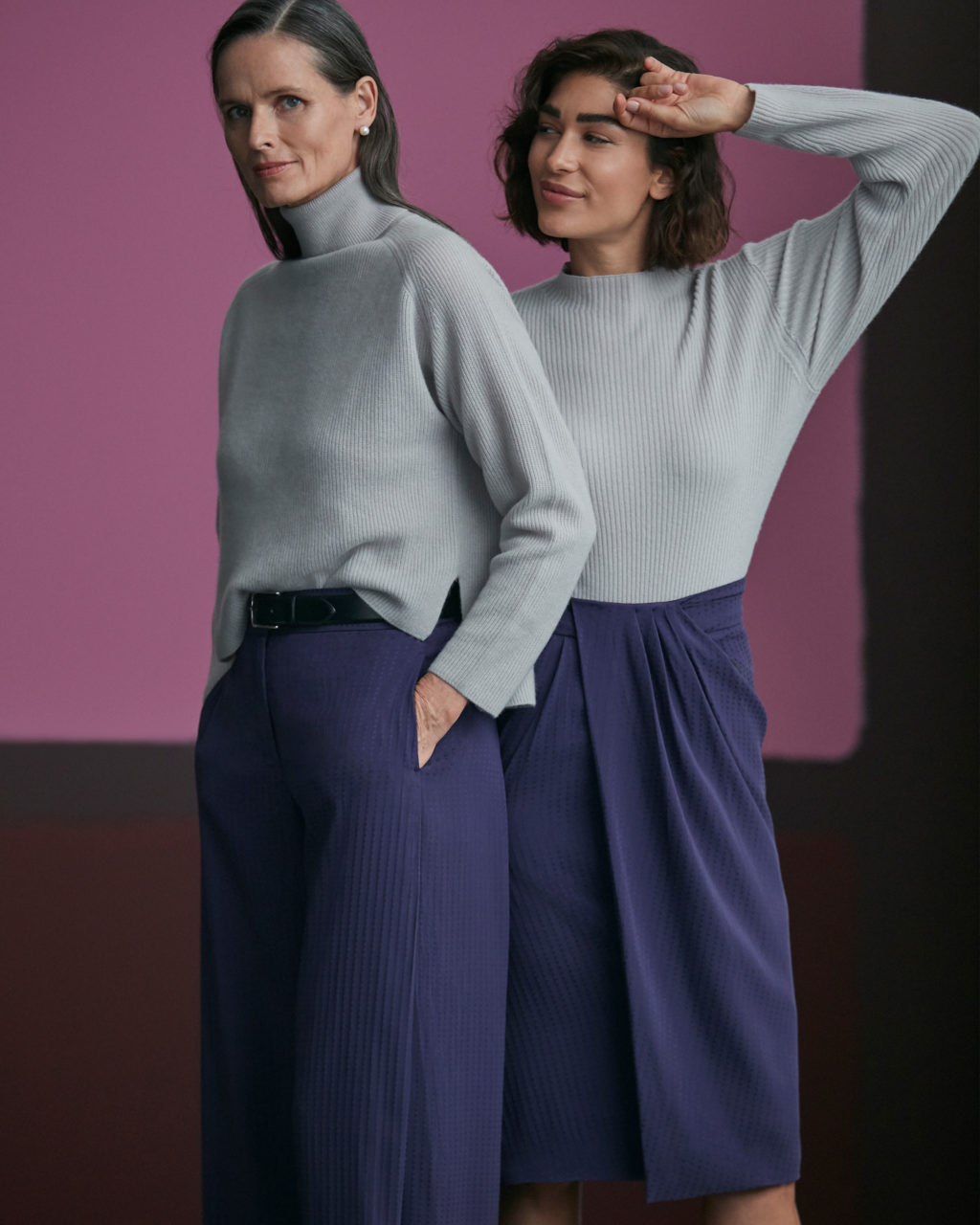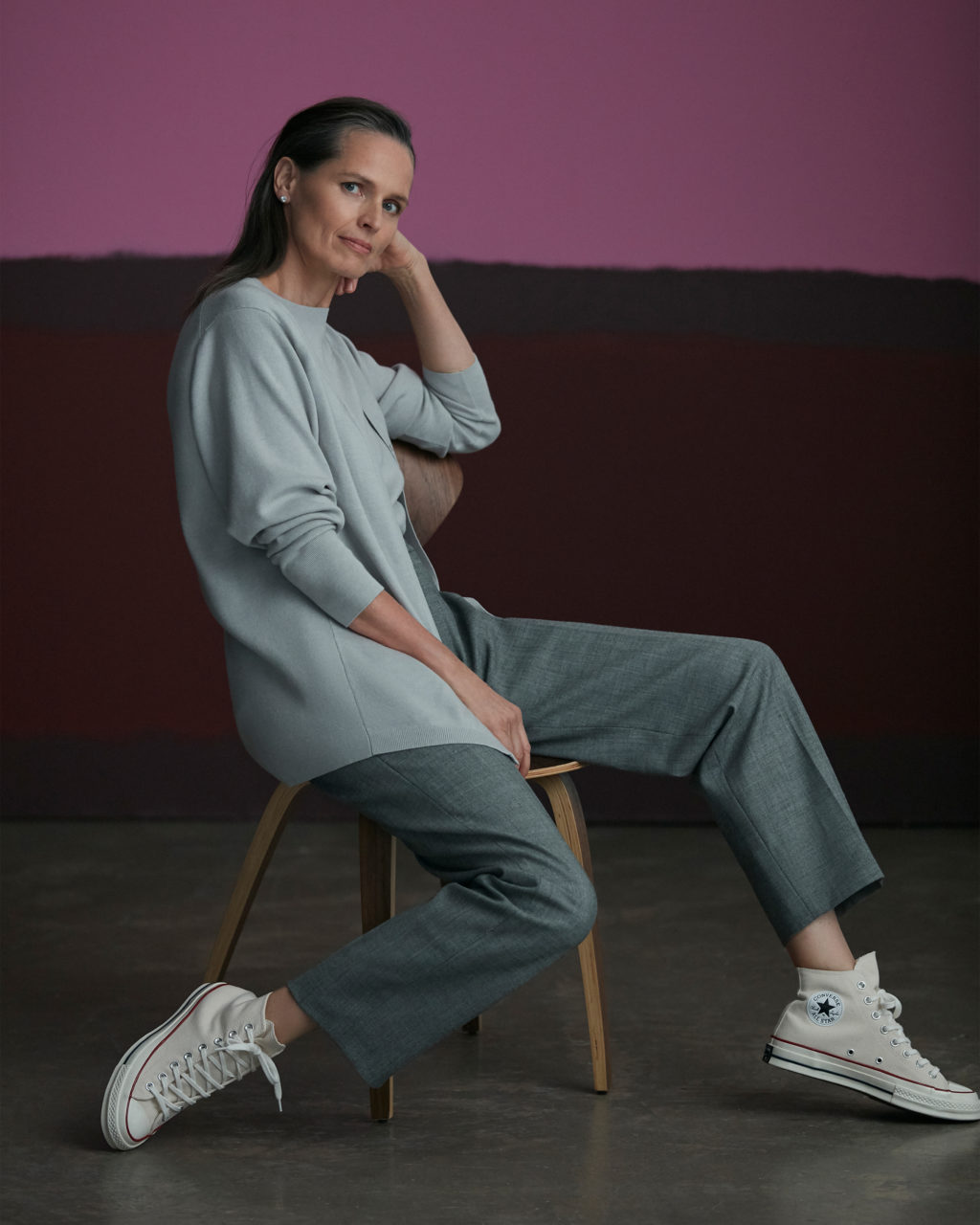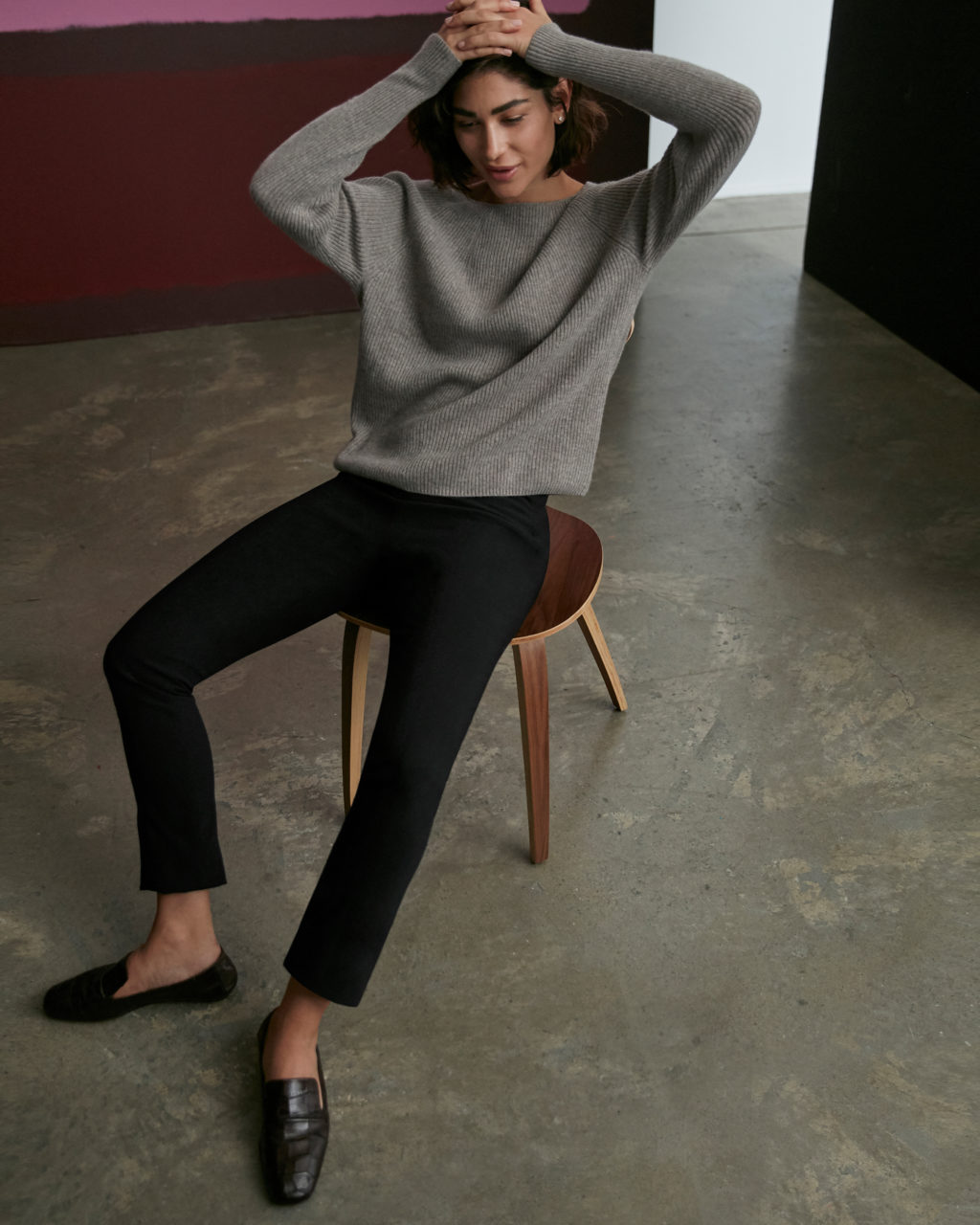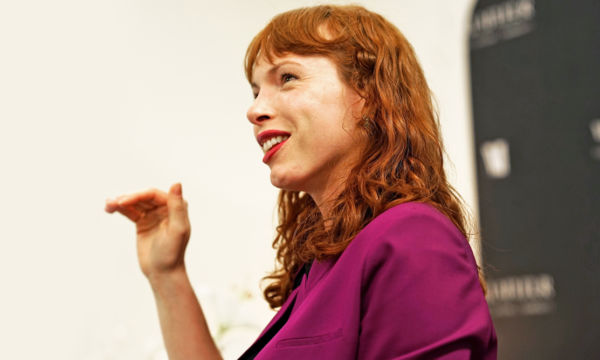What to Do When You Feel Like the Old Person at Work
October 11, 2019 | Filed in: Your Career
Have you had a moment where you realize you aren’t part of the younger crew at work anymore? Maybe you weren’t invited to the after-work drinks or got passed over when they were creating the Thursday night volleyball team. It happens to everyone at some point in their career—it just goes hand-in-hand with moving up the ladder and becoming a boss. But it also shows you’re seen as older by at least some of your coworkers. And that means you’re at risk for experiencing a type of ageism.
“Ageism is a form of unconscious bias, but it’s an often overlooked one,” says Rebecca Zucker, partner and founder of Next Step Partners, an executive coaching and leadership development firm. “You just don’t hear that much about it.” It’s also not a regular part of a company’s diversity practices: While 64% of CEOs have formal diversity and inclusion practices in place at their company, only 8% of them include anything about age bias or discrimination.

The Rinaldi sweater, the Zhou culotte, the Wide Strap belt, the Darby sweater, the Lenox skirt, and the Ponza earrings.
Like any kind of bias, it’s not always easy to say exactly what ageism looks like. “It can be subtle and hard to articulate, but if you’re on the other end of it, you can sense that it’s happening,” says Zucker. Maybe what you say isn’t being taken as seriously as it is when someone younger says it, you don’t get included in certain training sessions, your comments are dismissed in meetings, or people don’t seek out your input that much. “It’s like a chill in the air that you pick up on,” says Nancy Collamer, author of Second-Act Careers and founder of MyLifestyleCareer.com.
The other tricky thing about bias and discrimination is that there isn’t always a single reason why it’s happening. To be sure, ageism also happens to employees who are young or perceived to be young, just as frequently as it can happen to those who are older. “One cause could be that communication styles between generations tend to be different—millennials are more willing to put their lives out there at work, while older generations don’t do that,” says Collamer. “People also naturally prefer to socialize with others around their age.”
Want more M.M.? Sign up for our newsletter.
Women who might be experiencing ageism as they get older report that they started to experience it in their 40s and 50s. “You’ll feel ageism creep in earlier in some industries, like entertainment, media, and tech,” says Collamer. “While in other industries, like healthcare or university settings, you may never experience it as an older person, since age is seen as an advantage.”

The Ava top, the Zhou culotte, the Rinaldi sweater, and the Grace loafer.
Experiencing ageism on either end of the spectrum can be frustrating, especially when you know you bring value and experience to your team. But, there are a few subtle things you can do to make a difference day-to-day. And of course, if you feel as if the problem is getting in the way of you doing your job, it’s something you may want to speak about with HR, if your company offers that type of support. In the meantime, here are some tips on where to start.
Be Open About Your Age, But Don’t Make Fun Of Yourself
There’s a natural tendency to call attention to things you’re self-conscious about. “People don’t realize they do it, but they might say things that highlight the age difference,” says Collamer. Try to avoid statements like “This was before your time,” or “I’m too old to understand that tech.” The less you focus on your age, the less others will.

The Leigh cardigan, the Barbara top, the Elliot trouser, and the Bezel earrings.
Keep Your Style Updated
“I know 60-year-olds who dress well, and I know others who remind me of the librarian I had back in grade school,” says Collamer. “How you look matters, so dress in an age-appropriate way that also matches your office’s culture. If it’s a casual environment, don’t wear a suit, but also don’t wear jeans and t-shirts, if that feels off to you.” Find something in the middle, like black pants and a silky top. And remember, ageism is a two-way street, so try not to pass too much judgement if your younger coworkers show up in leggings and hoodies (we know it’s hard).

The Freidan top, the Surrey skirt, the Ava top, the Elliot trouser, and the Wide Strap belt.
Have a Younger Mentor
“Mentorship can work in both directions, so develop a relationship with a younger colleague so you can teach each other things,” says Zucker. “Even learning what certain phrases are or what lingo refers to can help. You don’t have to use it yourself, but you don’t want to feel out of the loop when things come up.” Another idea is to find a mentor your own age—someone you can commiserate with and seek advice from. She should help you feel less isolated.
Connect with Colleagues One-On-One
Giving people a chance to see the different sides of you can help break down age barriers. “Having coffees and lunches with people who are important or interesting at work will let them get to know you,” says Zucker. “They can learn that you’re into Pilates or the theater or super knowledgeable about a certain topic.”

The Nancy sweater, the Foster pant, the Grace loafers, and the Bezel earrings.
Stay In The Know
You probably know people who can barely operate their phone’s camera or get overwhelmed with how the cloud works. All that confusion just makes them seem older than they are. “You need to stay on top of how your industry is evolving, particularly if you work at all with technology,” says Zucker. “You don’t need to be an expert, but be familiar enough with it to hold your own when something comes up in conversation.” Go to conferences, evening lectures, or workshops—there are even online classes that will keep you in the loop. “Let people know you’re a lifelong learner and want to pick up new skills,” says Collamer. “People want to be around people like that.”









